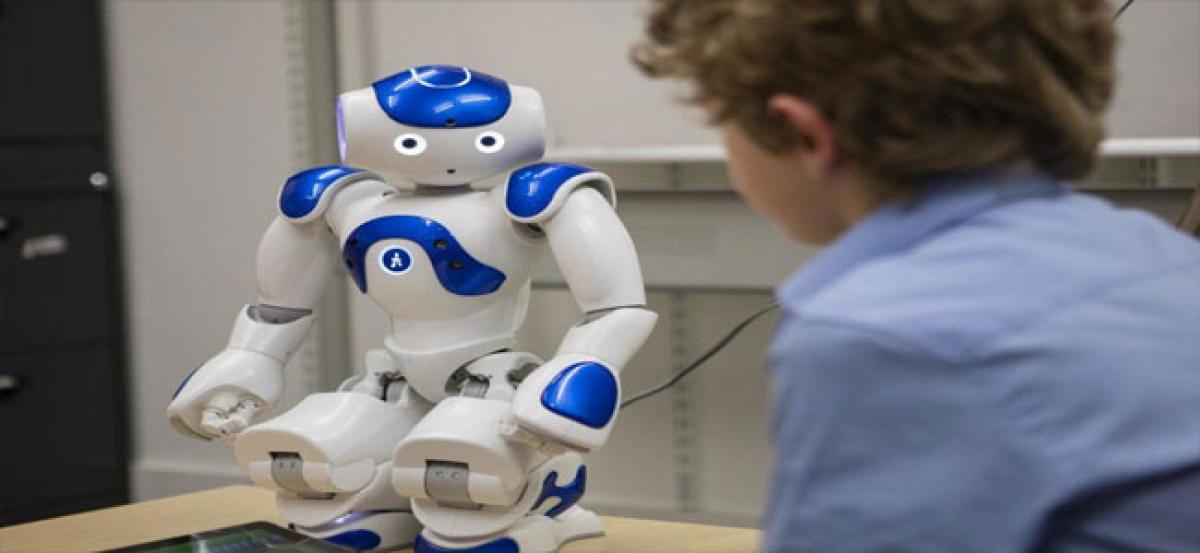Robots may influence children’s opinions

Young children are significantly more likely than adults to have their opinions and decisions influenced by robots, according to a study The research, published in the journal Science Robotics, raises concerns about the negative influence machines might have on vulnerable youngsters
London : Young children are significantly more likely than adults to have their opinions and decisions influenced by robots, according to a study. The research, published in the journal Science Robotics, raises concerns about the negative influence machines might have on vulnerable youngsters. Researchers from the University of Plymouth in the UK compared how adults and children respond to an identical task when in the presence of both their peers and humanoid robots. They found that while adults regularly have their opinions influenced by peers, something also demonstrated in previous studies, they are largely able to resist being persuaded by robots.
However, children aged between seven and nine were more likely to give the same responses as the robots, even if they were obviously incorrect. The study used the Asch paradigm, first developed in the 1950s, which asks people to look at a screen showing four lines and say which two match in length. When alone, people almost never make a mistake but when doing the experiment with others, they tend to follow what others are saying. When children were alone in the room in this research, they scored 87 per cent on the test, but when the robots joined in, their score dropped to 75 per cent.
Of the wrong answers, 74 per cent matched those of the robot, researchers said. The study provides an interesting insight into how robots could be used positively within society. However, they also say it does raise some concerns around the potential for robots to have a negative influence on vulnerable young children. "People often follow the opinions of others and we have known for a long time that it is hard to resist taking over views and opinions of people around us," said Tony Belpaeme, from the University of Plymouth. "We know this as conformity. But as robots will soon be found in the home and the workplace, we were wondering if people would conform to robots," Belpaeme said. "What our results show is that adults do not conform to what the robots are saying. But when we did the experiment with children, they did.














